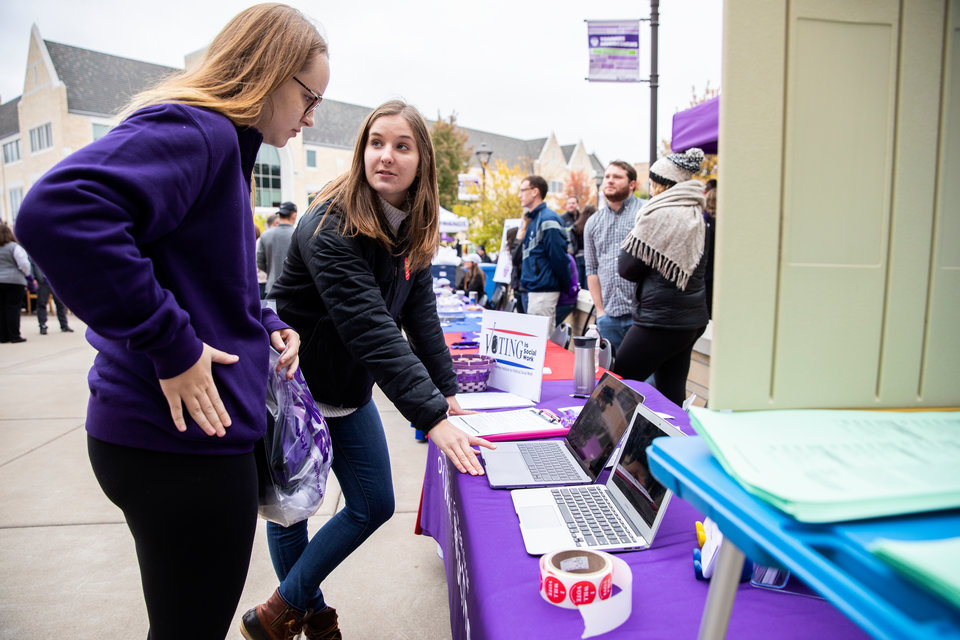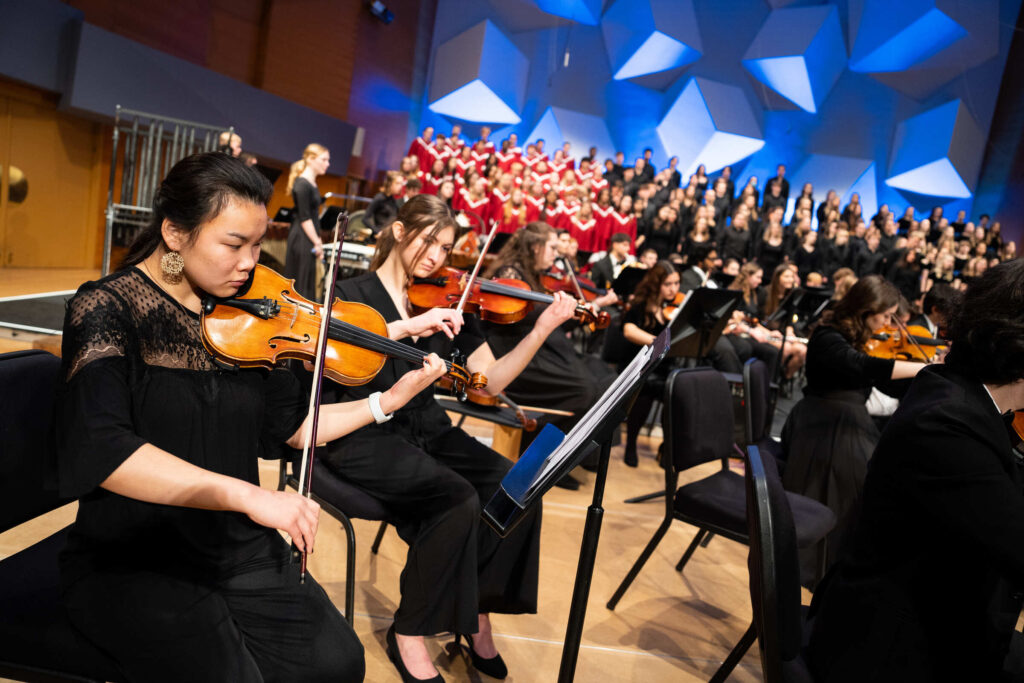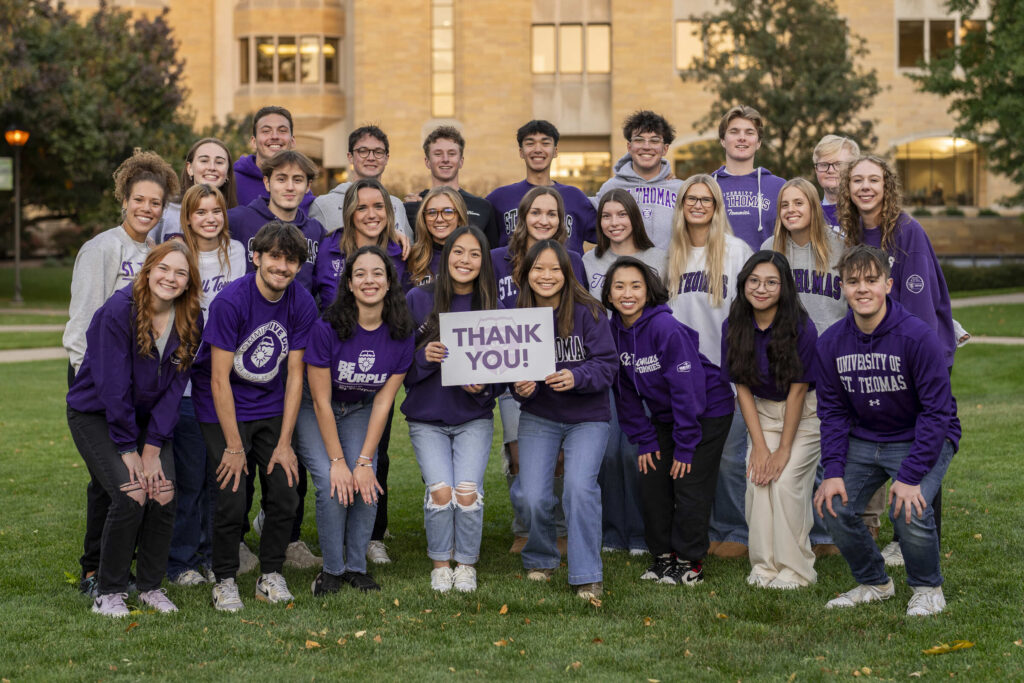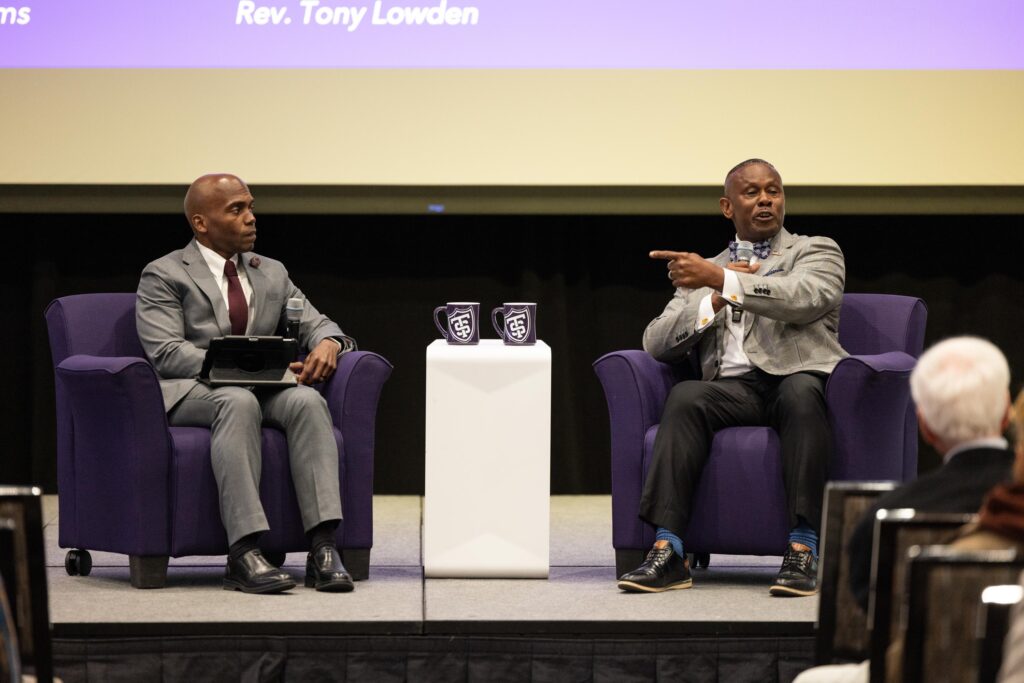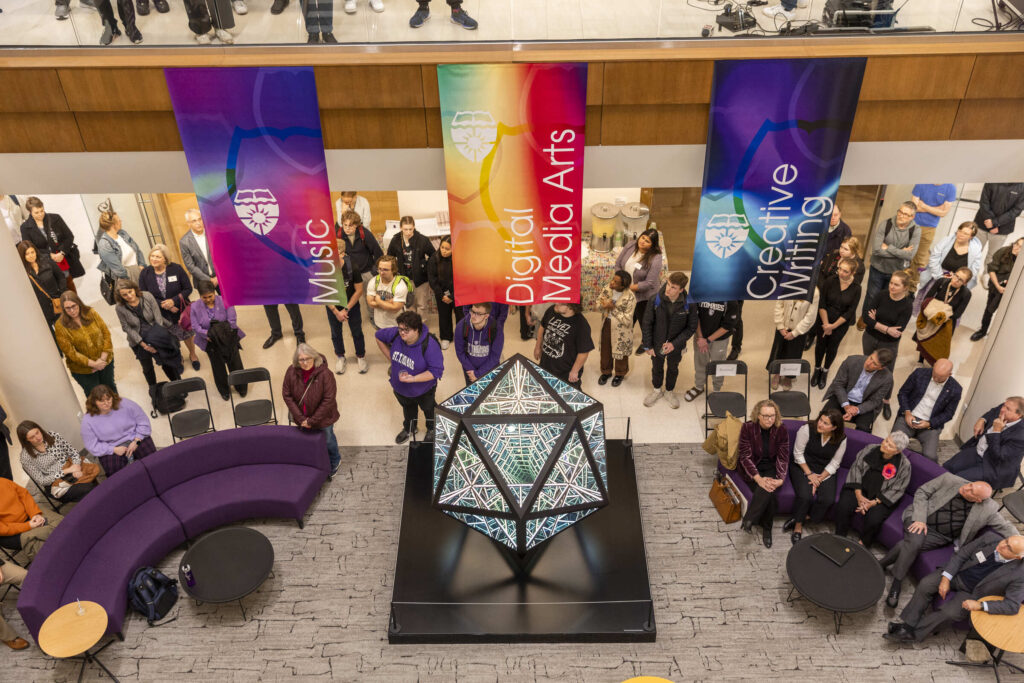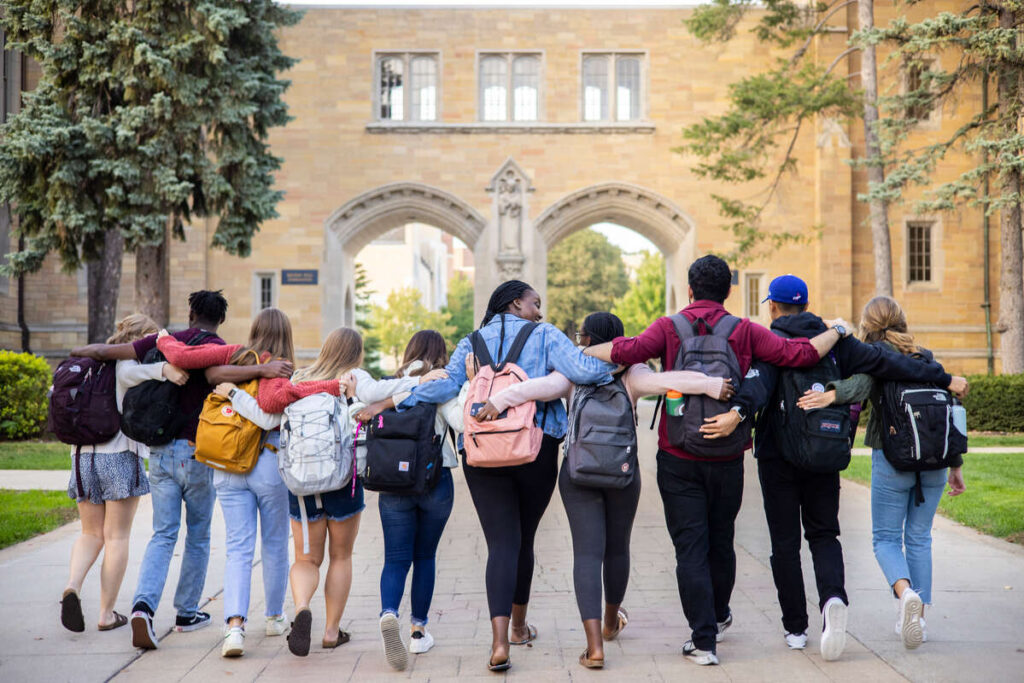The College of Arts and Sciences’ Teach-in Tuesday season kicked off Tuesday with Political Science Professor Angela High-Pippert’s presentation, “Strategies of the Suffragists: Lessons in Political Organizing,” part of the yearlong focus on "The Power of the Vote."
In the year before the 100-year anniversary of legal voting rights for white women in the United States, High-Pippert drew lessons from the century-plus fight for suffrage leading up to the Aug. 18, 1920, ratification of the 15th Amendment.

Angela High-Pippert
High-Pippert acknowledged the impossible task of recognizing everything that happened in the suffrage movement, and spoke of the lack of voter rights for nonwhite women at the time, as well as the voter suppression tactics that continue through to present day. Communication and Journalism Associate Professor Debra Petersen and English Associate Professor Emily James also spoke after High-Pippert's presentation about the sexist ideas and male-centered norms that continue to influence politics today.
“In the 19th century there would simply not be three women professors in front of an audience,” Petersen said. “It was considered taboo. There were biological reasons against women speaking, ideas like they were of smaller stature and had smaller brains. They were told if they spoke in public they would become infertile. There were sociological arguments about the family. … Theological reasoning, powerful pastors and leaders arguing that the Bible says women should be silent. … Today these remnants are still present.”

Debra Petersen
High-Pippert centered her discussion on five lessons that can be drawn from the suffrage movement:
First lesson: Know that others came before you. (Look behind you.)
High-Pippert pointed out the fact that white, landowning women had the right to vote in early colonial years, and in several Native American societies women were on complete equal footing with men.
“We are fully awake to the fact that our struggle is not for the attainment of a new right, but for the restitution of one our foremothers possessed and exercised,” High-Pippert cited.
High-Pippert also walked through the Declaration of Sentiments Seneca Falls Convention, the famed gathering whose collective “terms laid down a gauntlet in 1848 to say this is what we are about,” she said.

Emily James
Second lesson: Build solidarity and coalitions. (Friends may disagree.)
There was a huge spectrum of what different groups’ ideas about progressing toward suffrage looked like in the 19th and early 20th century, High-Pippert explained: This included similar groups with different agendas (a state-by-state versus federal lobbying strategy, to name one), to a seemingly unconnected idea (temperance and seeking prohibition) actually folding into the suffrage movement.
High-Pippert talked about the power of solidarity and focus on shared understanding, as well as the potential power of a broader coalition that goes beyond the scope of complete solidarity.
“When you have a coalition, people coming at this from a bunch of different ways … you can lose control of your messaging and have people espousing messaging that’s not compatible with your overall goal,” High-Pippert said. “You get a lot of arguments that white women have to have the vote to counteract the negative aspects of society like immigrants and black men. … It’s a white supremacy argument that’s hard to rectify with an equality-based movement.”
“The key takeaway is that coalitions can create broad support, but it can be pretty fragile,” she added.
Third lesson: Make room for new leaders (Look ahead of you.)
With the transition away from a state-by-state campaign and more coordinated focus on the federal level, the suffrage movement, as a whole, underwent a sizable shift in the 1910s under the leadership of Alice Paul, High-Pippert illustrated. This shift in strategy (and in tactics toward more overt protests and demonstrations, including aimed directly at the White House and President Woodrow Wilson) proved extremely effective.
“It’s possible to get caught up in the same way of doing something, even when it seems obvious that things have stalled,” High-Pippert said. “Sometimes we’re the leader that needs to back off and we need to make room for more people at the table.”
Lesson four: Play the long game (Keep playing.)
High-Pippert spoke about the fact that progress of major social movements is not linear.
“Challenging existing power structures takes a really long time,” High-Pippert said. “This is a long, complicated and detailed story.”
“The phrase, ‘In 1920, women were granted the right to vote.’ That simple sentence, you might as well just punch me in the gut,” High-Pippert added. “It sounds like a magic wand. While I’m here let me turn these pumpkins into carriages so you can swing by the ball after the voting ballot. … This is a fight and took a really long time. There are people who did this critical work who never saw the fruits of their labor. They got the vote for the next generation and the one after that. … You have to do the work because it matters, whether or not you see the fruits of your labor. It matters for the next people. You have a responsibility to help shape the institutions of which you’re a part.”
Lesson five: Play to win. (Play smart.)
In High-Pippert’s final points, she discussed the importance of consistency between a group’s short- and long-term goals, and the need for them to derive directly from people’s values. Alongside that, she detailed the difficult reality of the suffrage and wider feminist movements, and how they were exclusionary of other peoples’ similar fight for equality, namely people of color and especially black women. Instead, High-Pippert urged, someone’s fighting for any kind of equality should encompass equality for everyone, not a sense that “it’s someone’s turn now and your turn later.”
“Fighting for gender quality is fighting for race equality and LGBTQ equality,” she said. “You should be careful you’re not hurting each other’s efforts. It’s sustained fights, not different fights.”
